Home>Dining>Tableware>How To Remove Cloudiness From Glassware
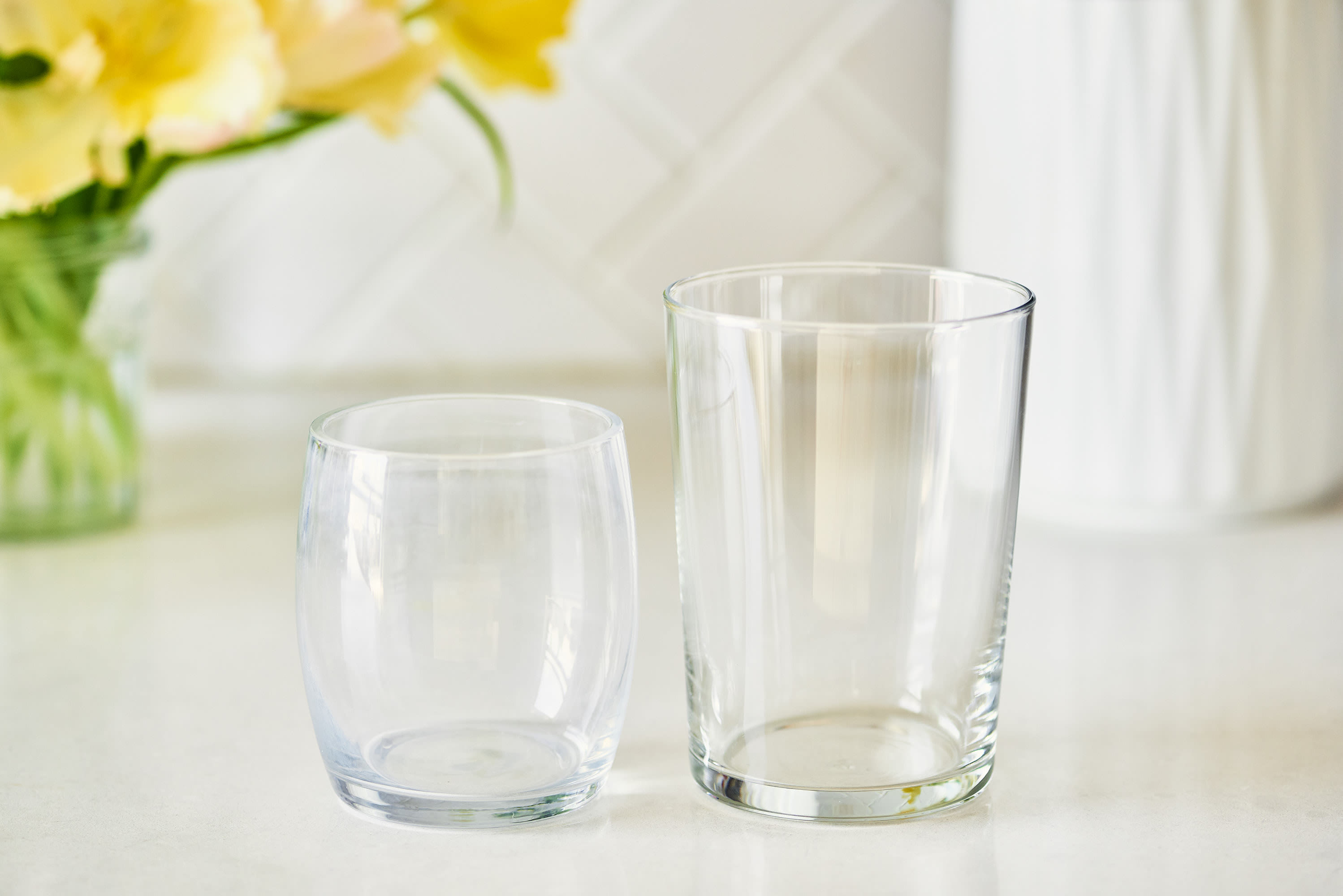

Tableware
How To Remove Cloudiness From Glassware
Modified: August 16, 2024
Learn how to remove cloudiness from your tableware and restore it to its original clarity with these easy tips and tricks. Say goodbye to dull glassware!
(Many of the links in this article redirect to a specific reviewed product. Your purchase of these products through affiliate links helps to generate commission for Storables.com, at no extra cost. Learn more)
Introduction
Glassware is a staple in our homes, used for drinking, serving, and decorating. Nothing beats the elegance and timeless appeal of crystal-clear glassware. However, over time, glassware can develop a cloudy appearance that diminishes its beauty and functionality. Fortunately, there are ways to restore the clarity and shine to your glassware, removing the cloudiness and bringing back its original luster.
In this article, we will explore the reasons why glassware becomes cloudy and discuss common methods for cleaning and restoring its brilliance. We will also explore homemade solutions using readily available ingredients, as well as the option of using commercial glass cleaners. Finally, we will provide some useful tips for preventing cloudiness in glassware, helping you maintain its pristine appearance for years to come.
So, if you’re tired of cloudy glassware and want to enjoy the crystal-clear brilliance it once had, read on to discover effective solutions and tips for achieving sparkling results.
Key Takeaways:
- Say goodbye to cloudy glassware by understanding the causes and using effective homemade solutions or commercial glass cleaners. Prevent cloudiness with gentle cleaning, proper rinsing, and avoiding harsh conditions.
- Restore the sparkle to your glassware with vinegar, baking soda, lemon juice, or commercial glass cleaners. Prevent cloudiness by handwashing, using soft water, and gentle cleaning tools.
Read more: Why Does My Glassware Get Cloudy
Why Glassware Becomes Cloudy
Cloudiness in glassware can occur due to various factors. Understanding the reasons behind it is crucial for effectively addressing the issue. Here are some common causes of glassware cloudiness:
- Hard Water Deposits: Hard water contains minerals like calcium and magnesium. When glassware is repeatedly washed with hard water, these minerals can build up on the surface, leading to a cloudy appearance.
- Detergent Residue: Improper rinsing or the use of too much detergent can leave behind a residue on the glassware. This residue can accumulate over time, resulting in cloudiness.
- Etching: Glassware can develop a cloudy appearance due to etching caused by prolonged exposure to certain acidic substances, such as citrus juices or vinegar. Etching occurs when the surface of the glass is eroded, leaving a rough, opaque texture.
- Heat and Steam: Glassware exposed to high temperatures, such as in the dishwasher or near stovetops, can experience thermal shock. This can lead to cloudiness caused by the glass structure being altered.
- Age and Wear: Over time, glassware may develop small scratches and imperfections on the surface, which can trap particles and contribute to cloudiness.
It’s important to note that the severity of cloudiness can vary depending on the type of glassware and the specific circumstances. Regardless of the cause, the good news is that with the right cleaning methods, you can effectively remove the cloudiness and restore your glassware’s clarity and shine.
Common Methods for Cleaning Glassware
When it comes to cleaning glassware and removing cloudiness, there are several tried and tested methods that you can rely on. Here are some common methods for achieving sparkling results:
- Vinegar Solution: Vinegar is a versatile and effective cleaning agent. To use it to clean glassware, mix equal parts white vinegar and water in a container. Soak the cloudy glassware in the solution for a few hours or overnight, then rinse thoroughly with clean water. The acidic nature of vinegar helps dissolve mineral deposits and remove cloudiness.
- Baking Soda Paste: Baking soda is known for its abrasive properties, making it an excellent choice for scrubbing away tough stains and cloudiness. Create a paste by mixing baking soda with a small amount of water. Apply the paste to the cloudy glassware and gently scrub with a soft sponge or cloth. Rinse thoroughly to reveal clean and clear glassware.
- Lemon Juice and Salt: The natural acidity of lemon juice combined with the abrasive action of salt can work wonders in removing cloudiness from glassware. Squeeze fresh lemon juice onto the cloudy glassware and sprinkle a small amount of salt. Use a soft cloth or sponge to rub the mixture onto the glass, then rinse thoroughly.
- Commercial Glass Cleaners: There are a variety of commercial glass cleaners available in the market that are specifically designed to remove stains and cloudiness from glassware. Follow the instructions provided by the manufacturer and use as directed. Always ensure proper ventilation when using chemical cleaners and handle them with care.
- Denture Cleaning Tablets: Surprisingly, denture cleaning tablets can also be effective in cleaning glassware. Dissolve a few tablets in warm water and soak the glassware for several hours or overnight. The effervescent action of the tablets helps loosen stains and cloudiness. Rinse well before use.
Remember to always handle glassware with care and avoid using abrasive materials that can scratch the surface. Additionally, test any cleaning method on a small, inconspicuous area of the glassware before applying it to the entire piece.
Using one of these common cleaning methods, you can remove cloudiness and restore your glassware back to its original clarity and shine.
Homemade Solutions for Removing Cloudiness from Glassware
If you prefer using homemade solutions, there are a few effective recipes you can try to remove cloudiness from your glassware. These solutions can be easily made using common household ingredients. Here are some homemade remedies to consider:
- White Vinegar and Salt: Create a mixture of white vinegar and salt in equal parts. Apply the mixture to the cloudy glassware and let it sit for a few minutes. Scrub gently with a soft sponge or brush, then rinse thoroughly with water. The vinegar helps dissolve mineral deposits, while salt acts as an abrasive to scrub away cloudiness.
- Baking Soda and Hydrogen Peroxide: Make a paste by combining baking soda and hydrogen peroxide to create a thick consistency. Apply the paste to the clouded glassware and let it sit for about 30 minutes. Gently scrub the glassware with a non-abrasive sponge or cloth, then rinse well. Baking soda removes stains, while hydrogen peroxide acts as a natural bleaching agent.
- Dish Soap and Warm Water: For mild cloudiness, a simple solution of dish soap and warm water can be effective. Fill a basin or sink with warm water and add a few drops of dish soap. Soak the glassware in the soapy water for a few minutes, then scrub gently using a soft sponge or brush. Rinse thoroughly to remove any soap residue and let the glassware air dry.
- Citric Acid Solution: Citric acid, found in many fruits, has natural cleaning properties. Dissolve a teaspoon of citric acid powder in warm water. Soak the cloudy glassware in the solution for a couple of hours or overnight. Rinse thoroughly with water to remove any residue and enjoy your clean and clear glassware.
- Vodka: Believe it or not, vodka can be used to remove cloudiness from glassware. Simply dampen a soft cloth with vodka and gently wipe the cloudy areas. The alcohol in the vodka helps dissolve stains and cloudiness. Rinse the glassware well after wiping.
No matter which homemade solution you choose, remember to rinse the glassware thoroughly after cleaning to ensure that no residue is left behind. Also, handle glassware with care to avoid any accidental breakages during the cleaning process.
By using these homemade remedies, you can effectively remove cloudiness and bring back the sparkle to your glassware without relying on harsh chemicals.
To remove cloudiness from glassware, soak the items in a mixture of equal parts white vinegar and warm water for a few hours. Then, scrub with a non-abrasive sponge and rinse thoroughly.
Using Commercial Glass Cleaners
If you prefer the convenience of store-bought solutions, there are many commercial glass cleaners available on the market that are specifically formulated to remove stains and cloudiness from glassware. These cleaners often contain specialized ingredients that target mineral deposits and stubborn stains. Here’s how to effectively use commercial glass cleaners:
- Choose a reputable brand: Look for a well-known and trusted brand of glass cleaner. Read customer reviews and check for any specific recommendations for glassware cleaning.
- Follow the instructions: Carefully read and follow the instructions provided on the packaging. Different cleaners may have different application methods and contact times. Adhere to the recommended usage guidelines to ensure optimal results.
- Protect your hands: Some commercial glass cleaners contain chemicals that can irritate or dry out your skin. To protect your hands, wear gloves while using these cleaners. This is especially important if you have sensitive skin or are using the cleaner for an extended period.
- Ventilation: When using commercial glass cleaners, make sure to work in a well-ventilated area. Open windows or turn on exhaust fans to prevent the buildup of fumes. Avoid inhaling the cleaner directly, as it may cause respiratory irritation.
- Apply the cleaner: Spray or apply a small amount of the glass cleaner onto the cloudy areas of the glassware. Use a soft cloth or sponge to gently scrub the surface. Pay extra attention to heavily stained or cloudy spots.
- Rinse and dry: After scrubbing, rinse the glassware thoroughly with clean water to remove any residue from the cleaner. Ensure that all traces of the cleaner are washed away. Finally, dry the glassware with a lint-free cloth to avoid streaks or water spots.
While commercial glass cleaners can be effective, it’s essential to use them as directed and follow proper safety precautions. Always store the cleaner in a secure location, away from the reach of children or pets.
Remember, there are various commercial glass cleaners available, so choose one that suits your specific needs and preferences. By using commercial glass cleaners correctly, you can effectively remove cloudiness and restore the clarity and shine of your glassware.
Read more: How To Remove Water Stains From Glassware
Tips for Preventing Cloudiness in Glassware
Prevention is always better than cure, and that holds true for maintaining the clarity and brilliance of your glassware. By following these simple tips, you can help prevent cloudiness and keep your glassware looking pristine:
- Handwashing: Whenever possible, handwash your glassware instead of using a dishwasher. Handwashing allows you to have more control over the cleaning process and prevents exposure to harsh detergents and high heat that can contribute to cloudiness.
- Proper Rinsing: After washing your glassware, ensure thorough rinsing to remove any detergent or cleaning residue. Residue left on the surface can lead to cloudiness over time.
- Soft Water: If you have access to soft water, use it for washing your glassware. Soft water contains fewer mineral deposits, reducing the chances of cloudiness caused by hard water stains.
- Gentle Cleaning Tools: Use soft sponges, non-abrasive brushes, or microfiber cloths when washing your glassware. Avoid using abrasive scrubbers or harsh cleaning pads that can scratch the surface and make it more prone to cloudiness.
- Avoid Extreme Temperature Changes: Be mindful of subjecting your glassware to extreme temperature changes. Avoid placing hot glassware directly into cold water or vice versa, as the sudden change in temperature can cause thermal shock and lead to cloudiness.
- Avoid Acidic Substances: Try to minimize the exposure of glassware to acidic substances such as citrus juices and vinegar. These acids can cause etching and contribute to cloudiness over time. If using glassware for acidic beverages, rinse them promptly after use.
- Storage: Properly store your glassware to prevent scratching or chipping. Use soft, non-abrasive padding or dividers when stacking glassware to avoid direct contact and potential damage.
- Regular Maintenance: Conduct regular maintenance of your glassware by performing deep cleanings every few months. This will help remove any buildup or cloudiness that might have occurred despite preventive measures.
By implementing these preventive measures, you can significantly reduce the chances of cloudiness in your glassware and maintain its clarity and shine for a long time.
Conclusion
Cloudy glassware can be a frustrating issue, but with the right knowledge and techniques, you can restore its sparkle and clarity. Whether you choose homemade solutions, commercial glass cleaners, or a combination of both, the key is to be gentle and thorough in your cleaning approach.
Understanding the causes of cloudiness, such as hard water deposits, detergent residue, etching, heat exposure, and wear, will help you take preventive measures and address the issue effectively. By following the common methods for cleaning glassware, you can remove cloudiness and bring back the shine to your beloved glassware.
For those who prefer homemade solutions, vinegar, baking soda, lemon juice, and other everyday ingredients can work wonders in removing mineral deposits and achieving crystal-clear results. Commercial glass cleaners are also readily available and formulated with specific ingredients to tackle cloudiness effectively.
Prevention is key in maintaining the clarity of glassware. From handwashing to proper rinsing, using soft water, avoiding extreme temperature changes, and being mindful of acidic substances, following these tips can help prevent cloudiness from occurring in the first place.
Remember to handle your glassware with care, using gentle cleaning tools and storing them properly to avoid scratching or chipping. Regular maintenance, including deep cleanings, can also help keep your glassware looking its best.
So, don’t let cloudiness dull the beauty of your glassware. With the right techniques and preventive measures, you can enjoy sparkling, crystal-clear glassware for all your drinking, serving, and decorating needs.
Now, armed with this knowledge, go ahead and restore your glassware to its former glory!
Frequently Asked Questions about How To Remove Cloudiness From Glassware
Was this page helpful?
At Storables.com, we guarantee accurate and reliable information. Our content, validated by Expert Board Contributors, is crafted following stringent Editorial Policies. We're committed to providing you with well-researched, expert-backed insights for all your informational needs.
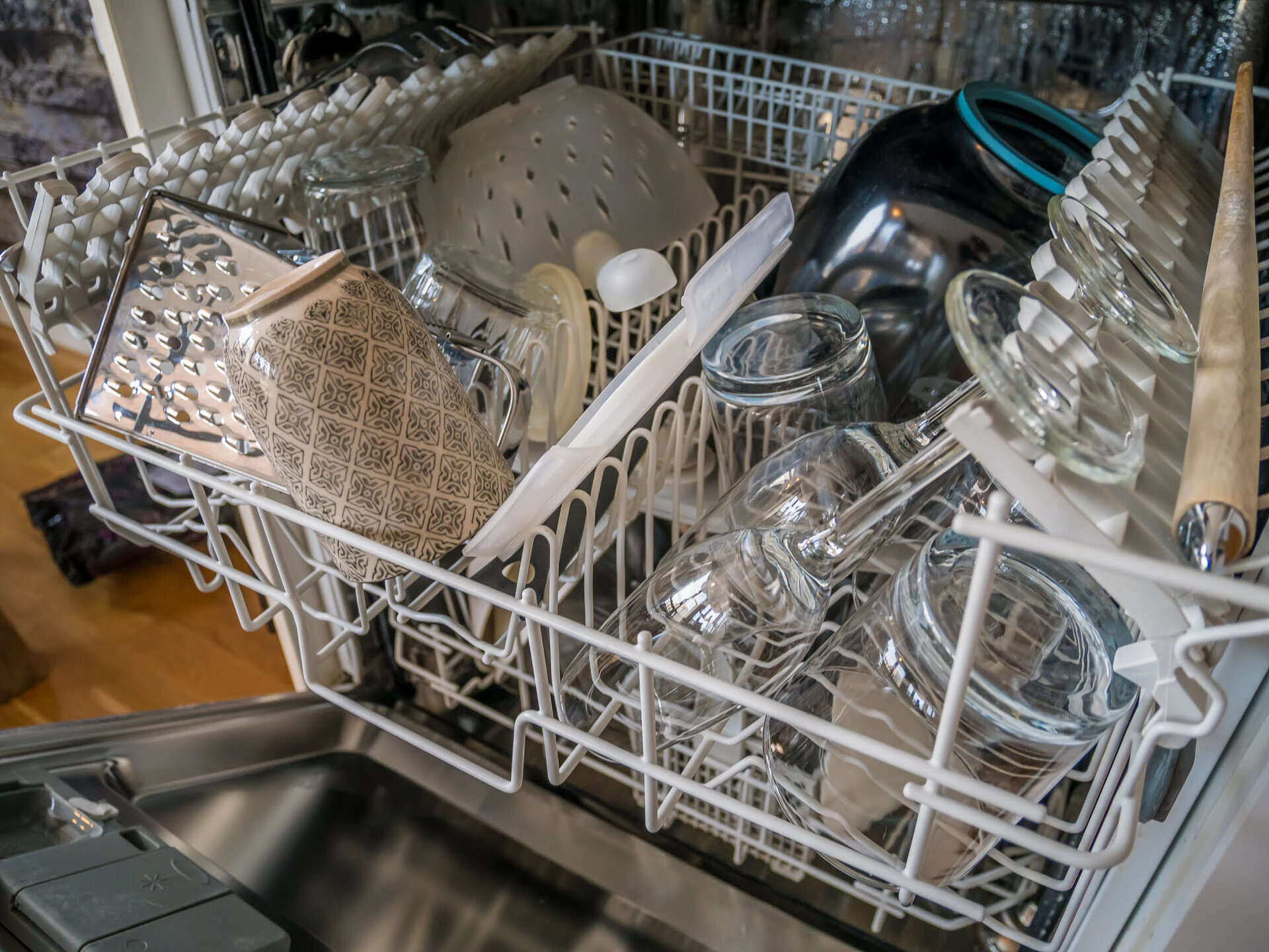
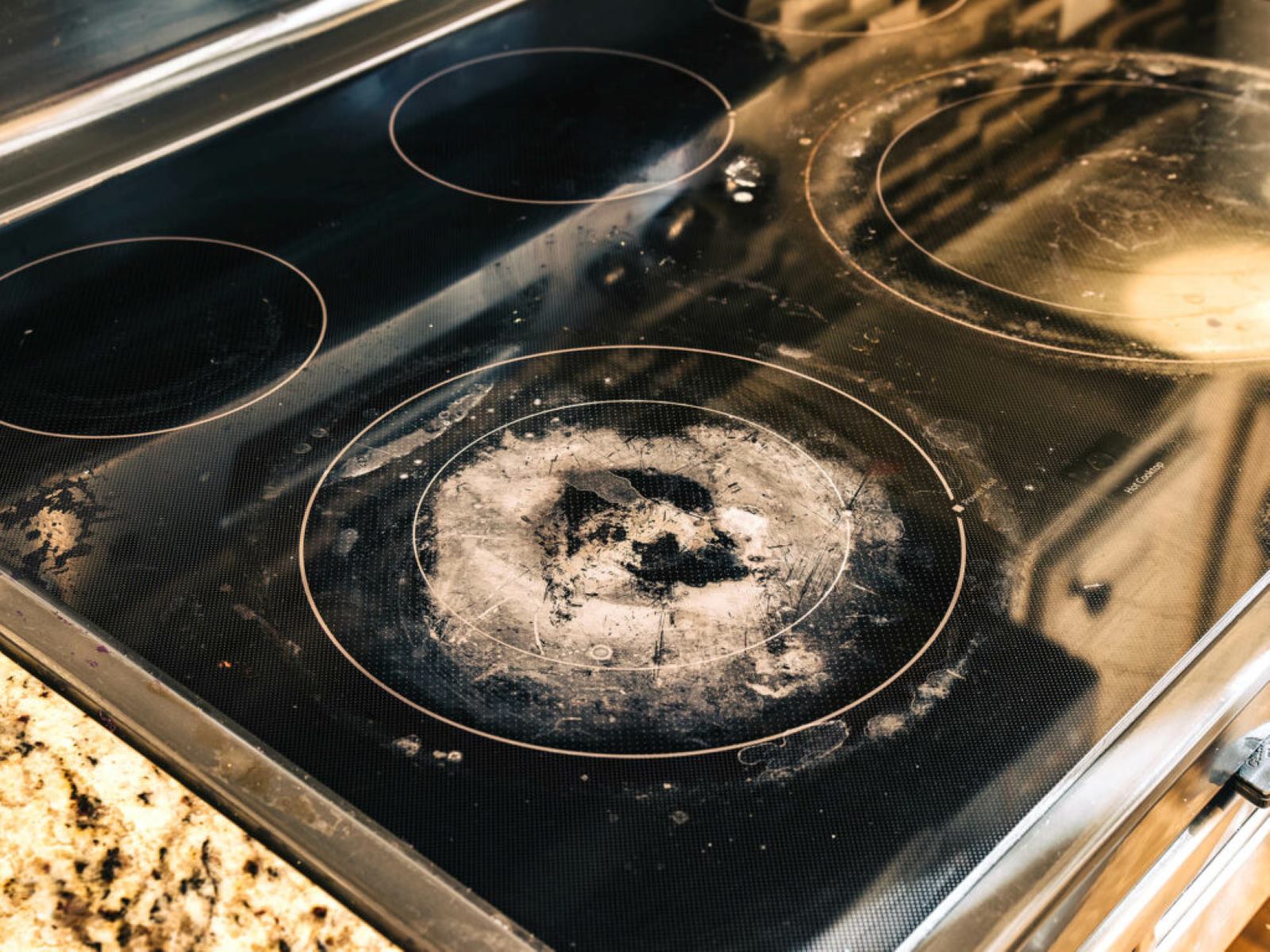
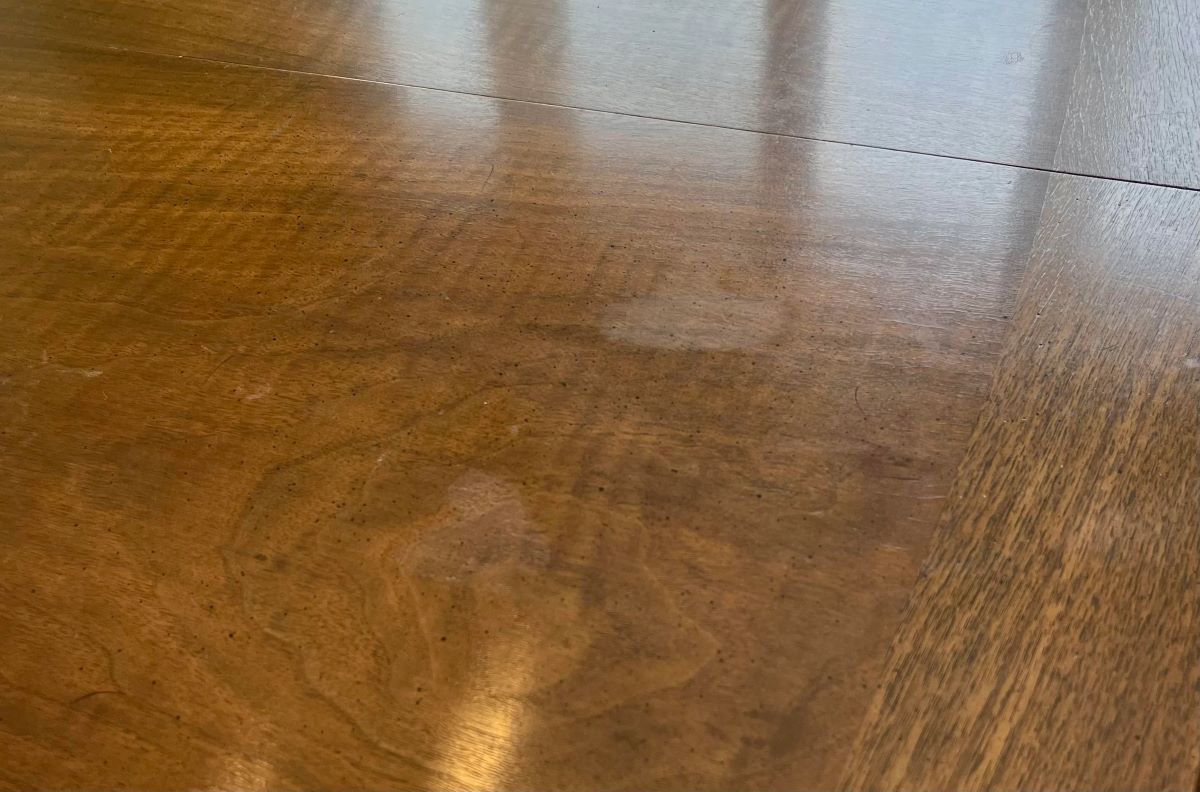
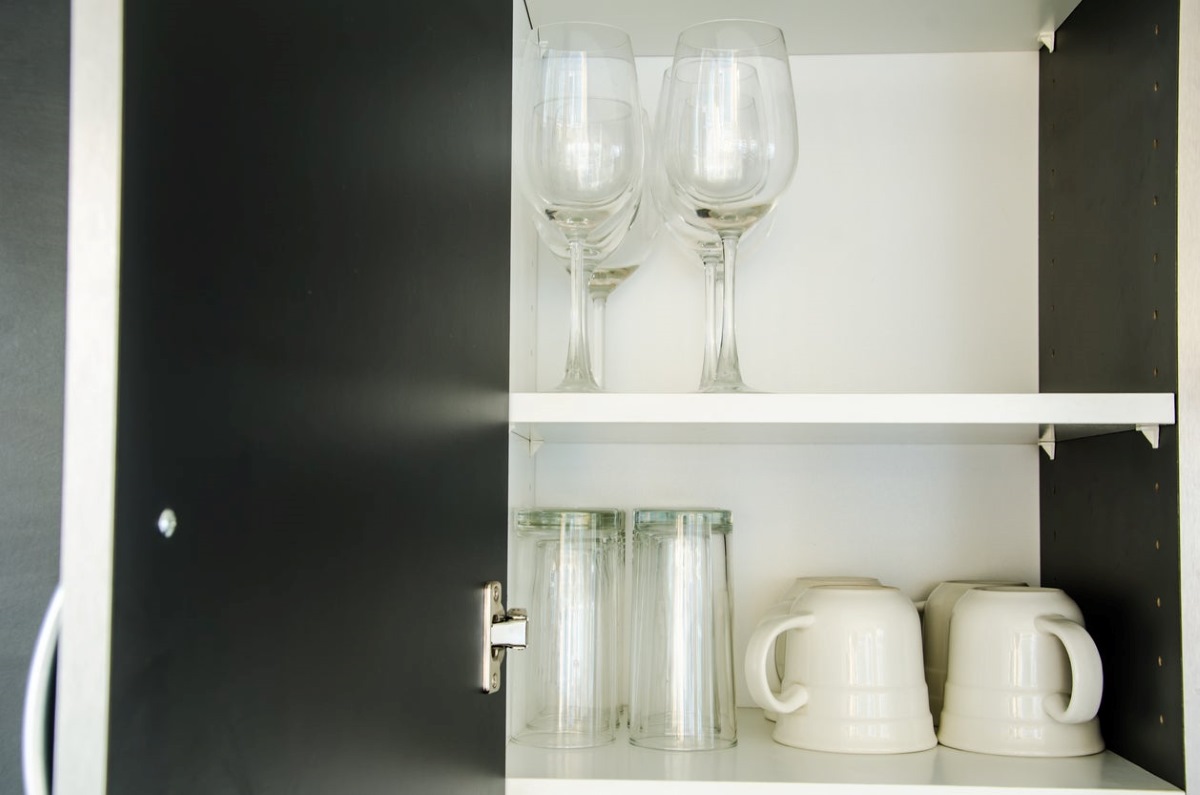
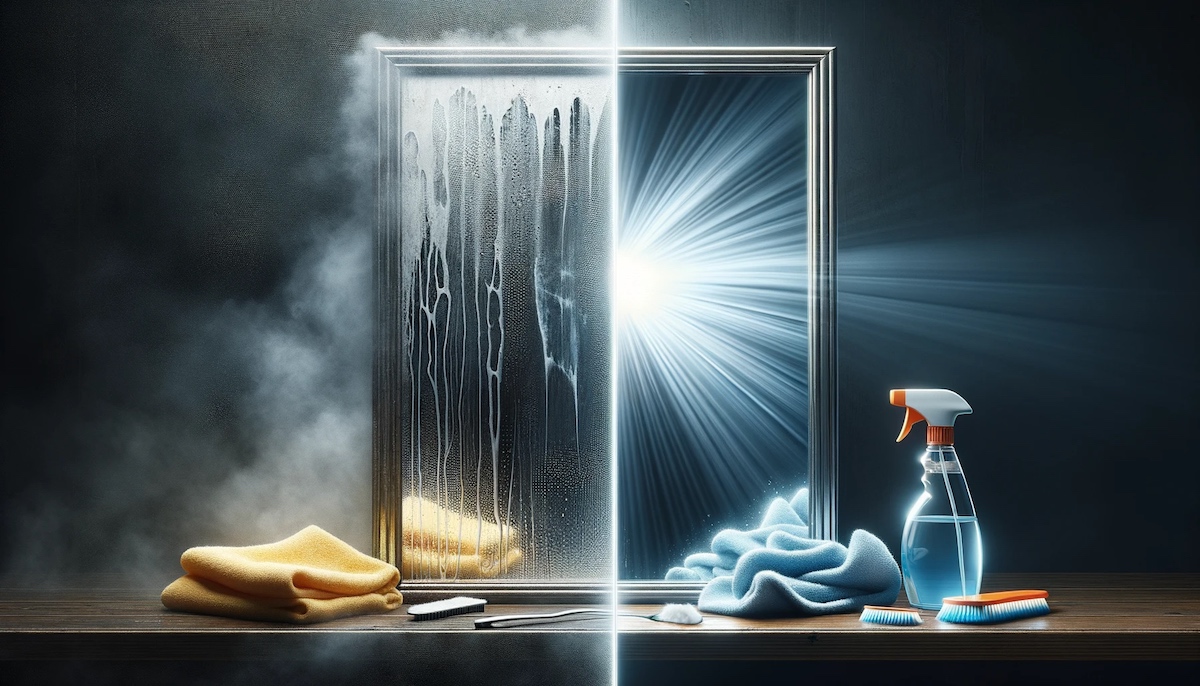
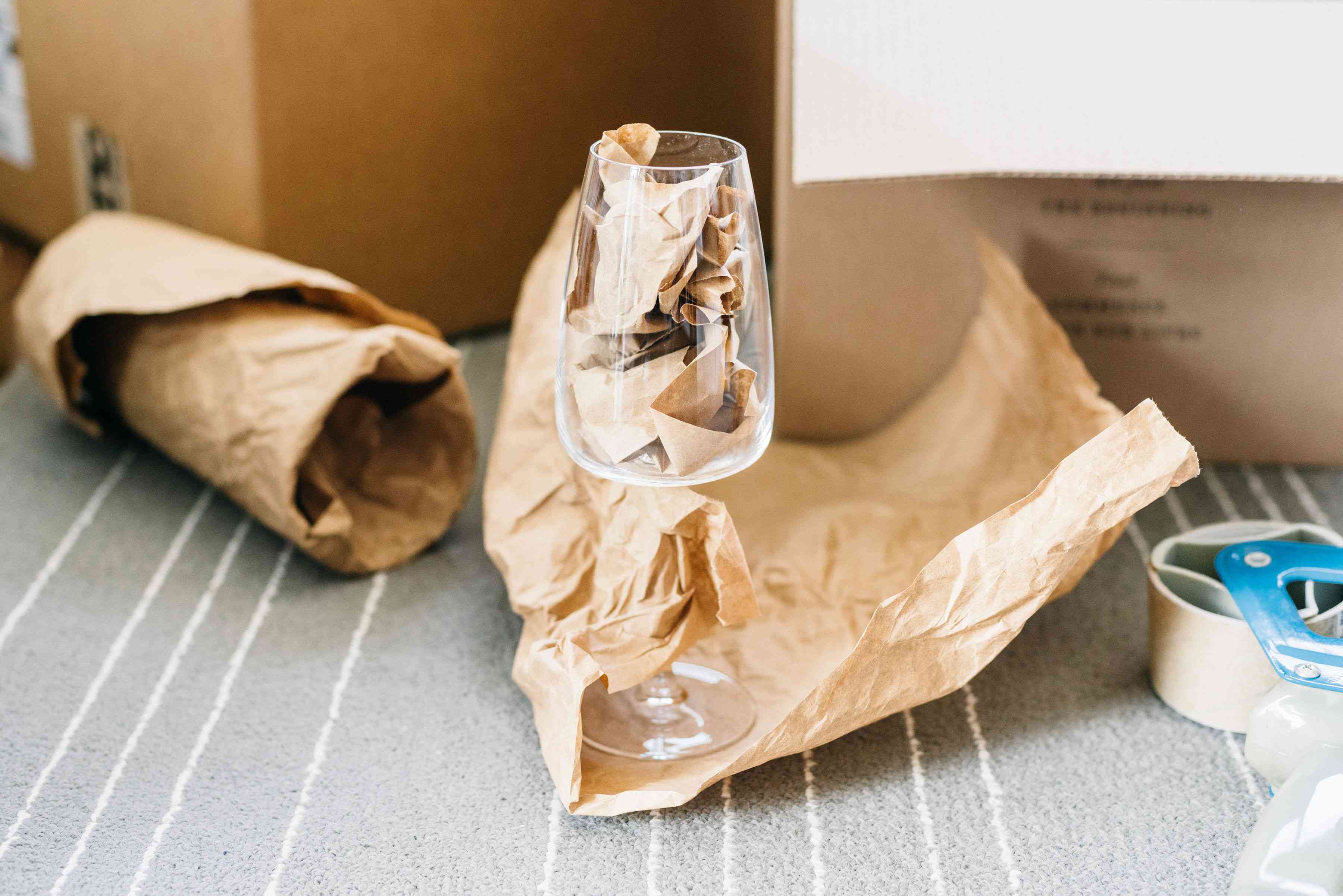

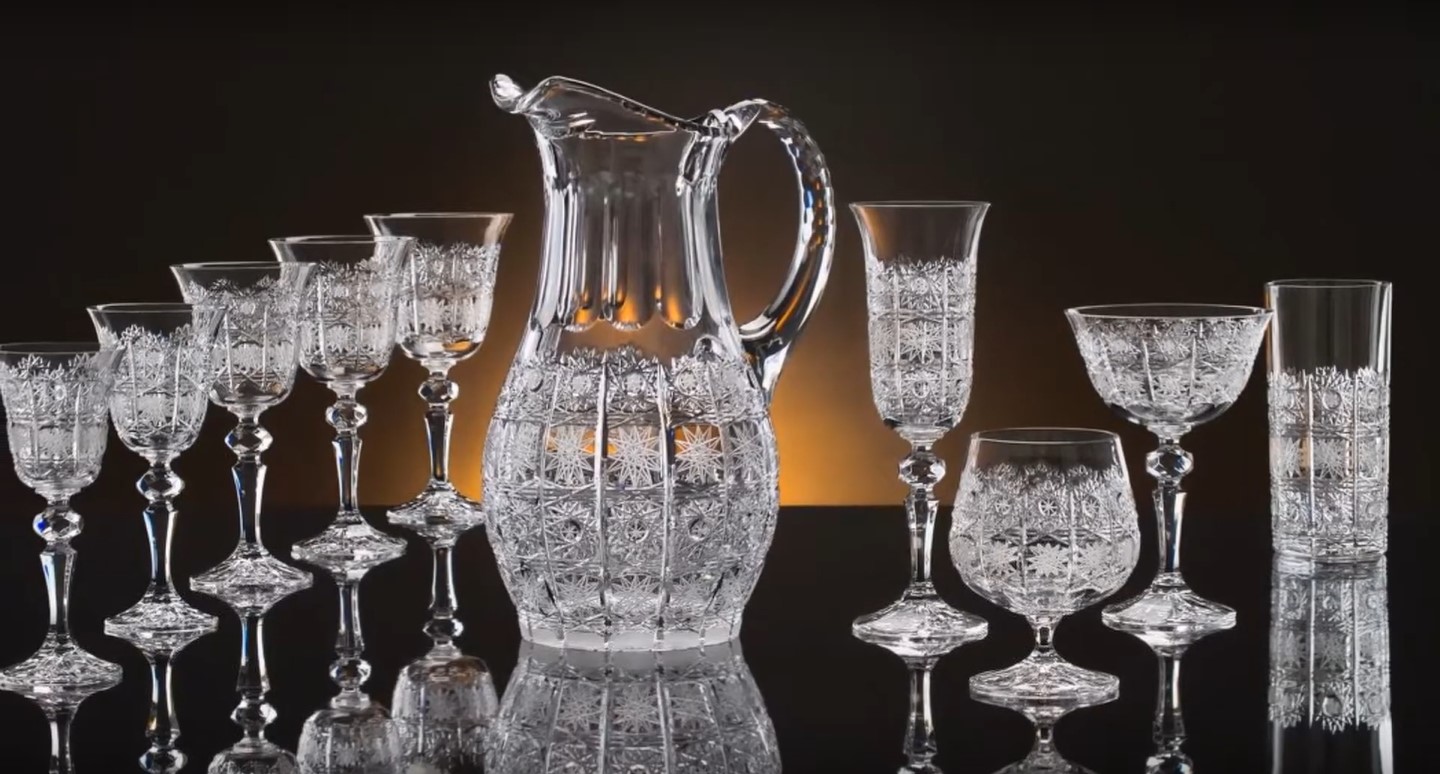
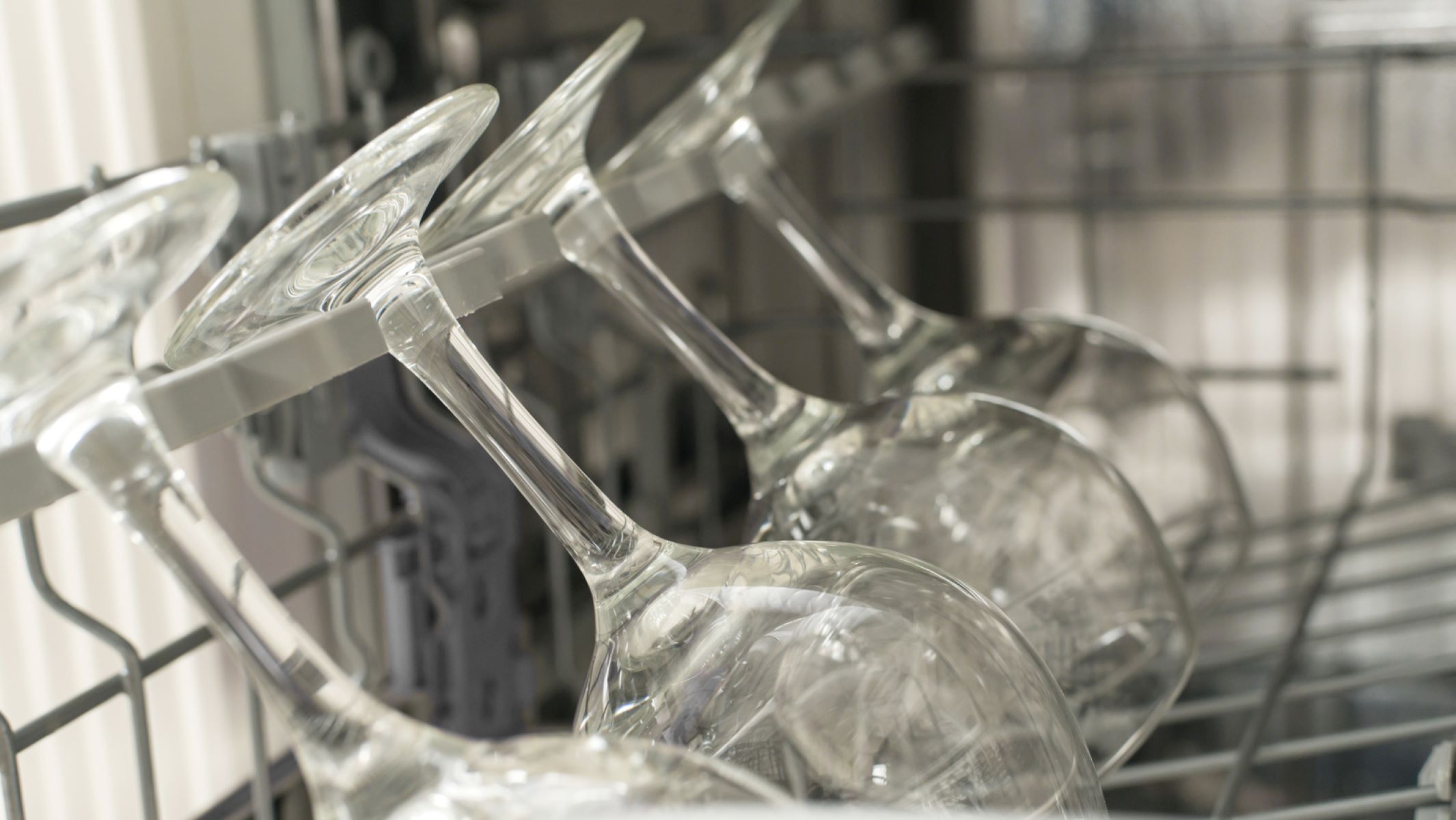
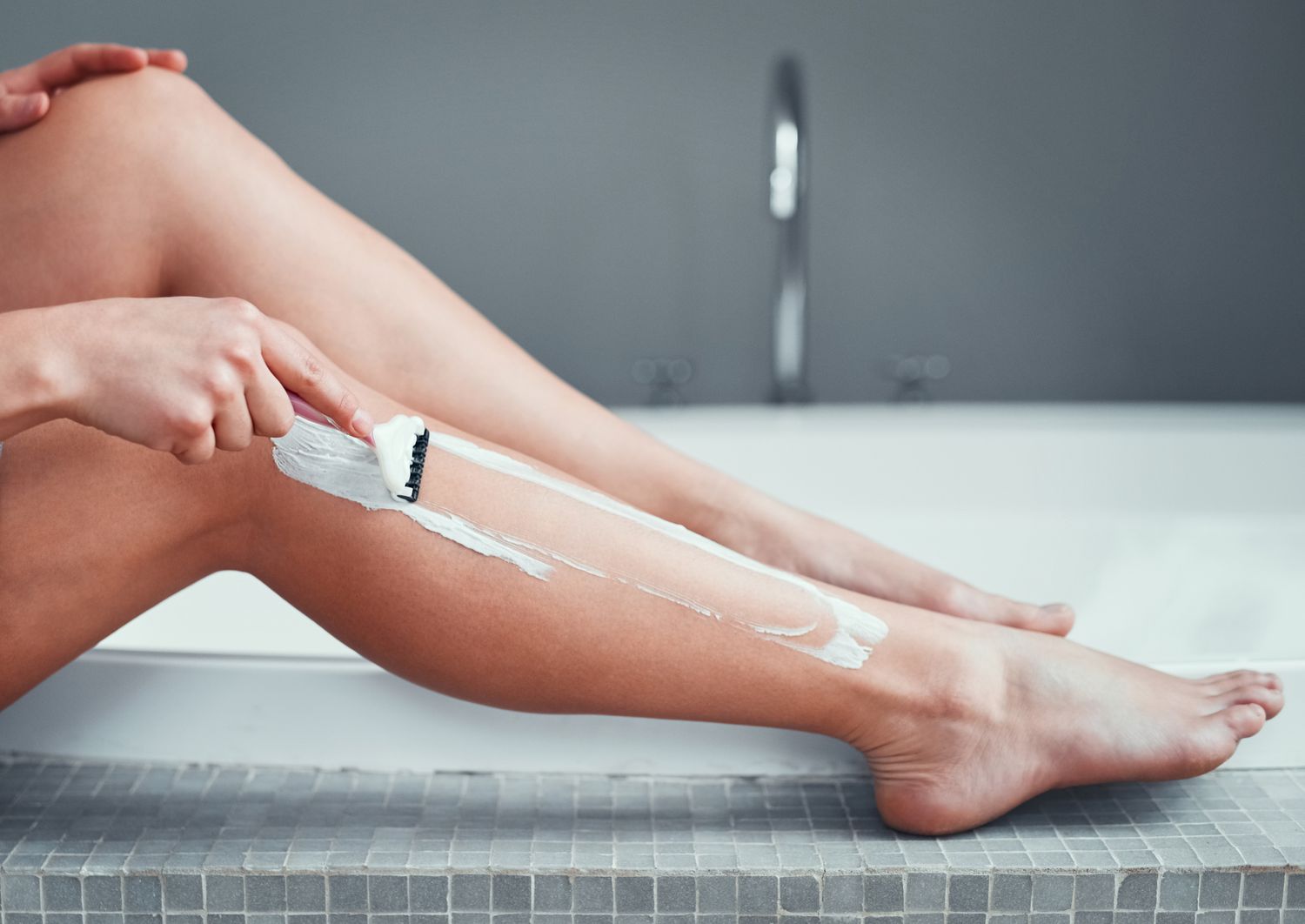
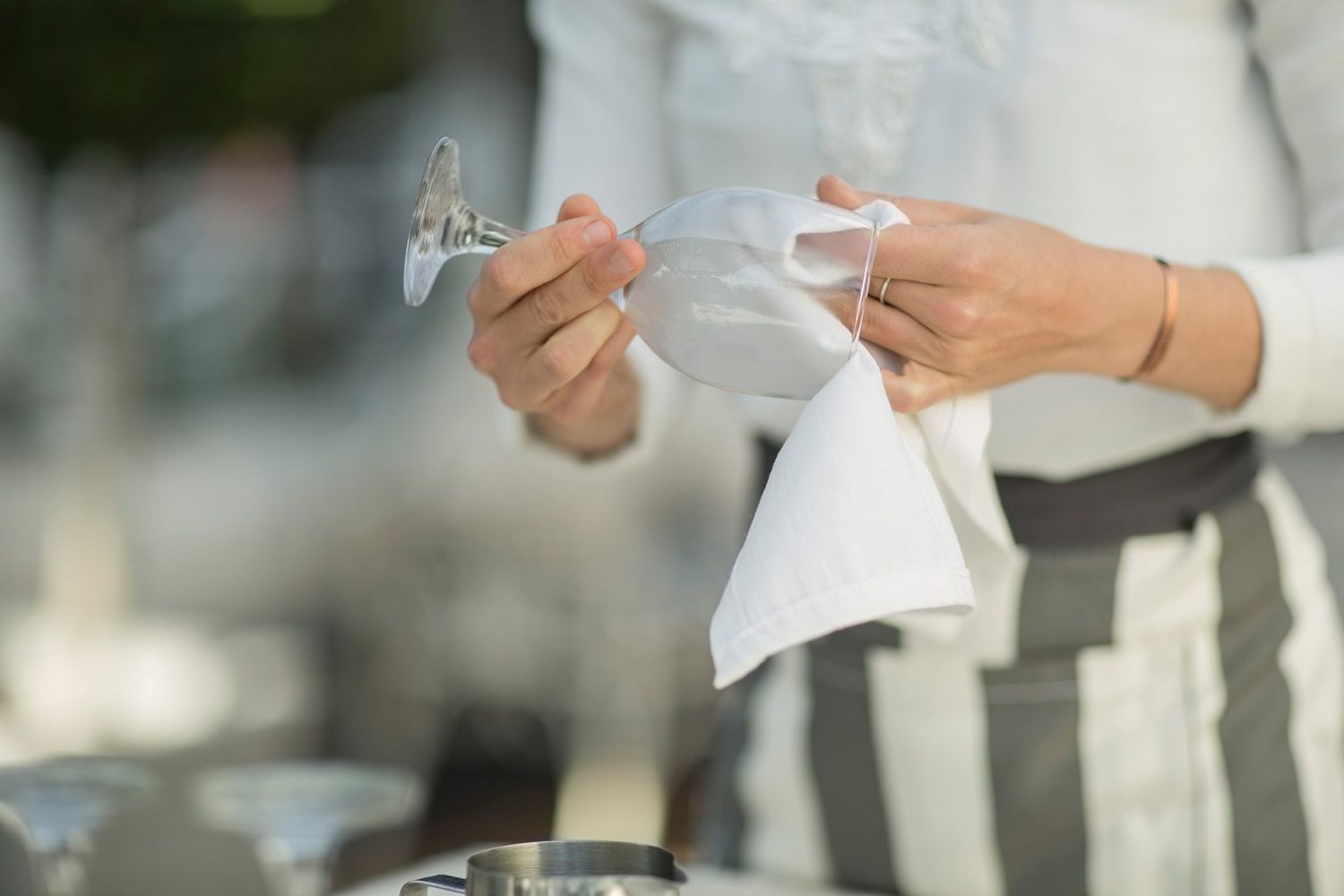
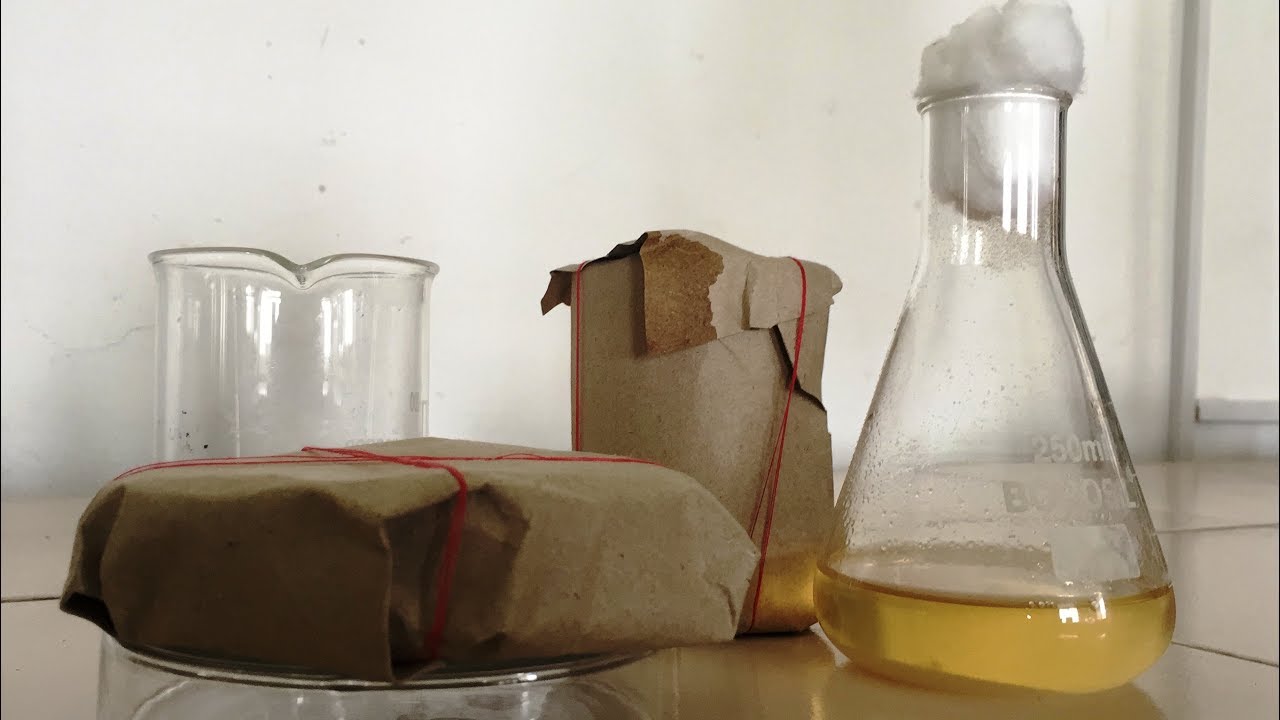
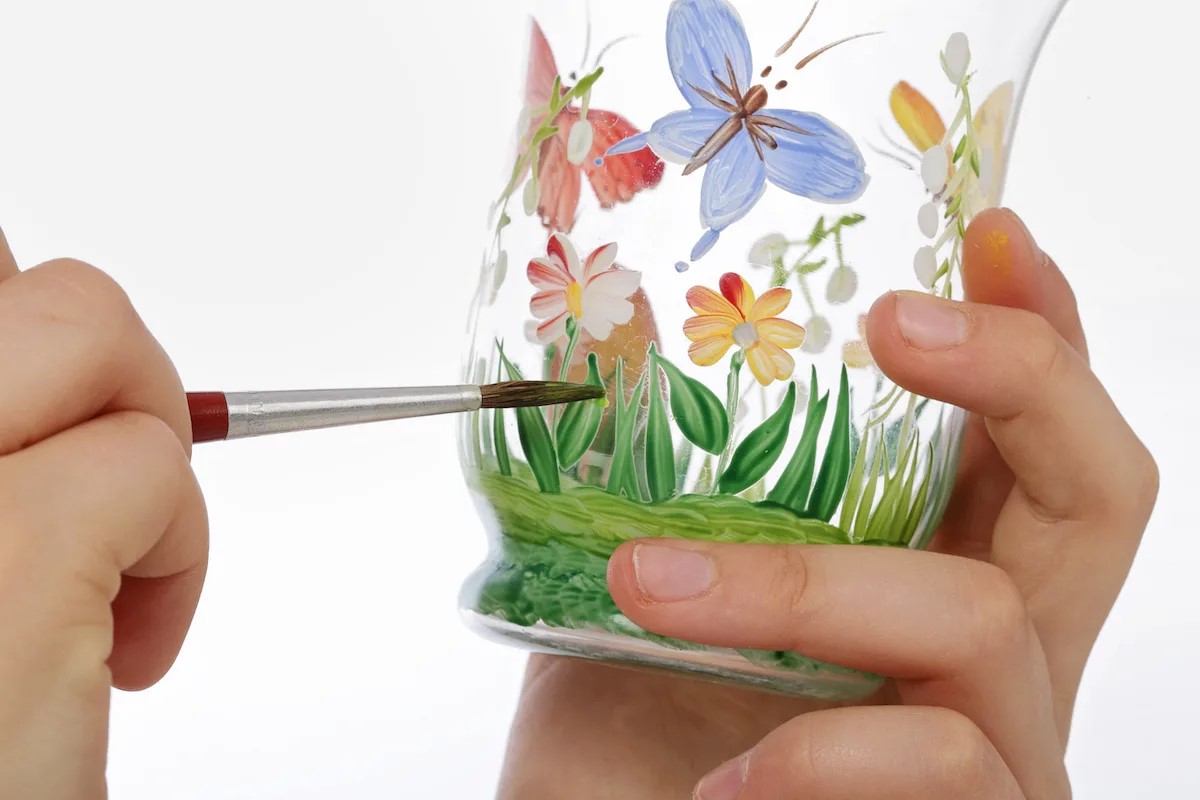
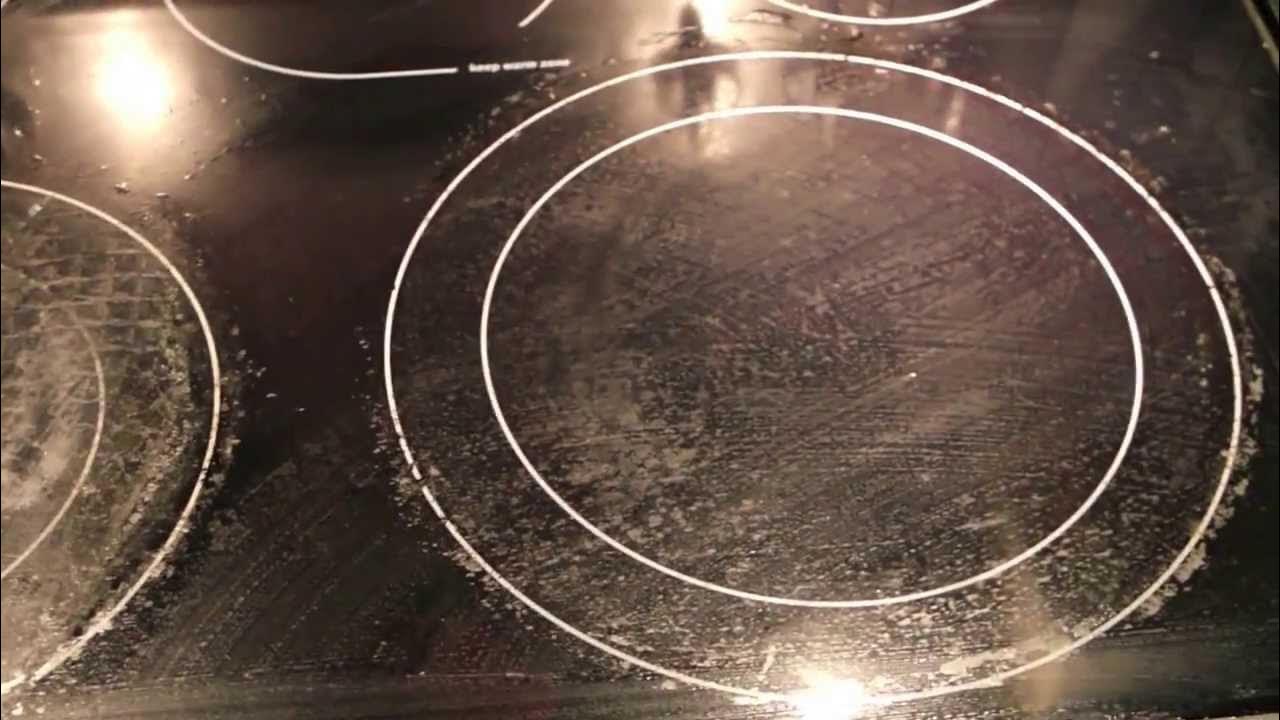

0 thoughts on “How To Remove Cloudiness From Glassware”